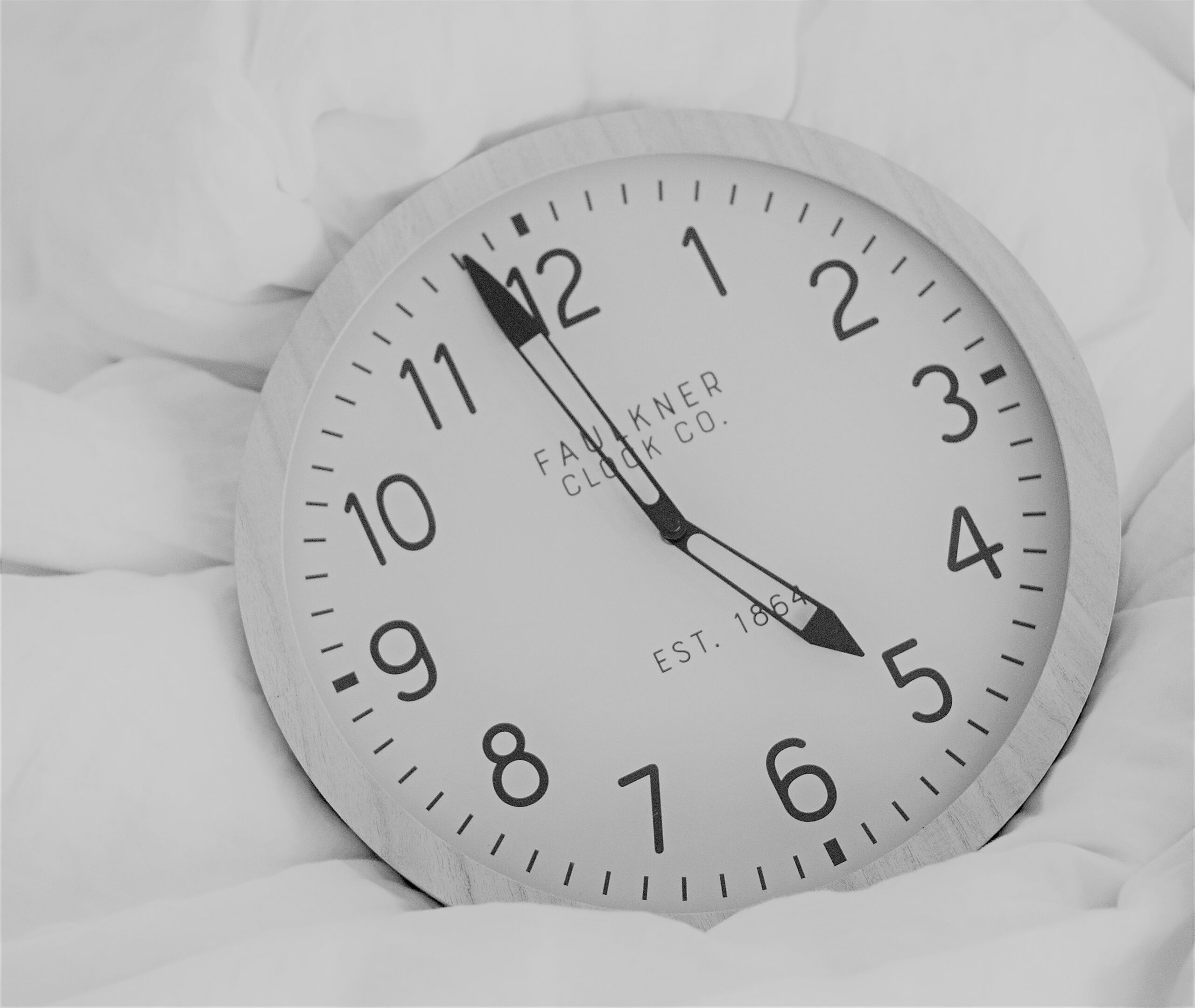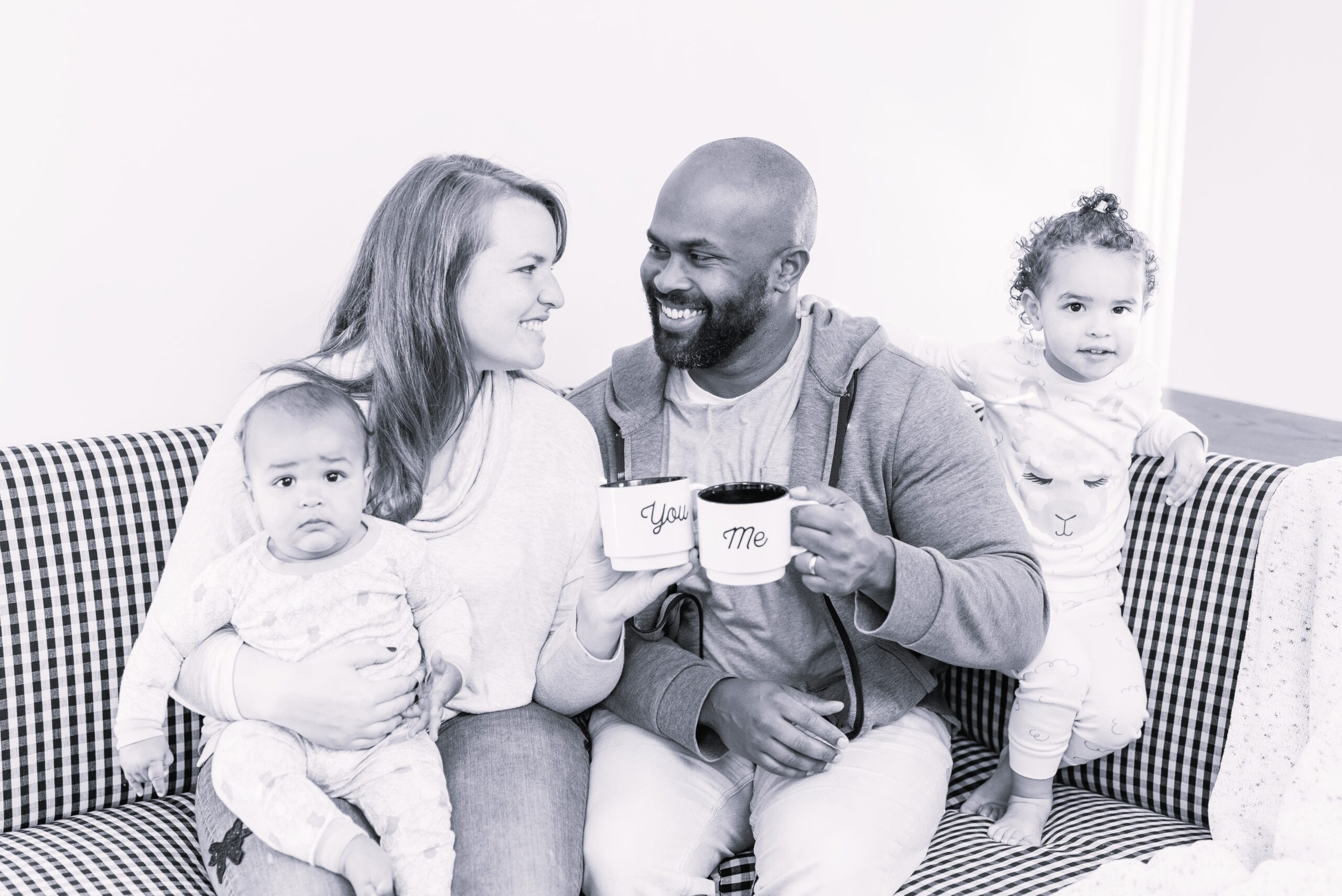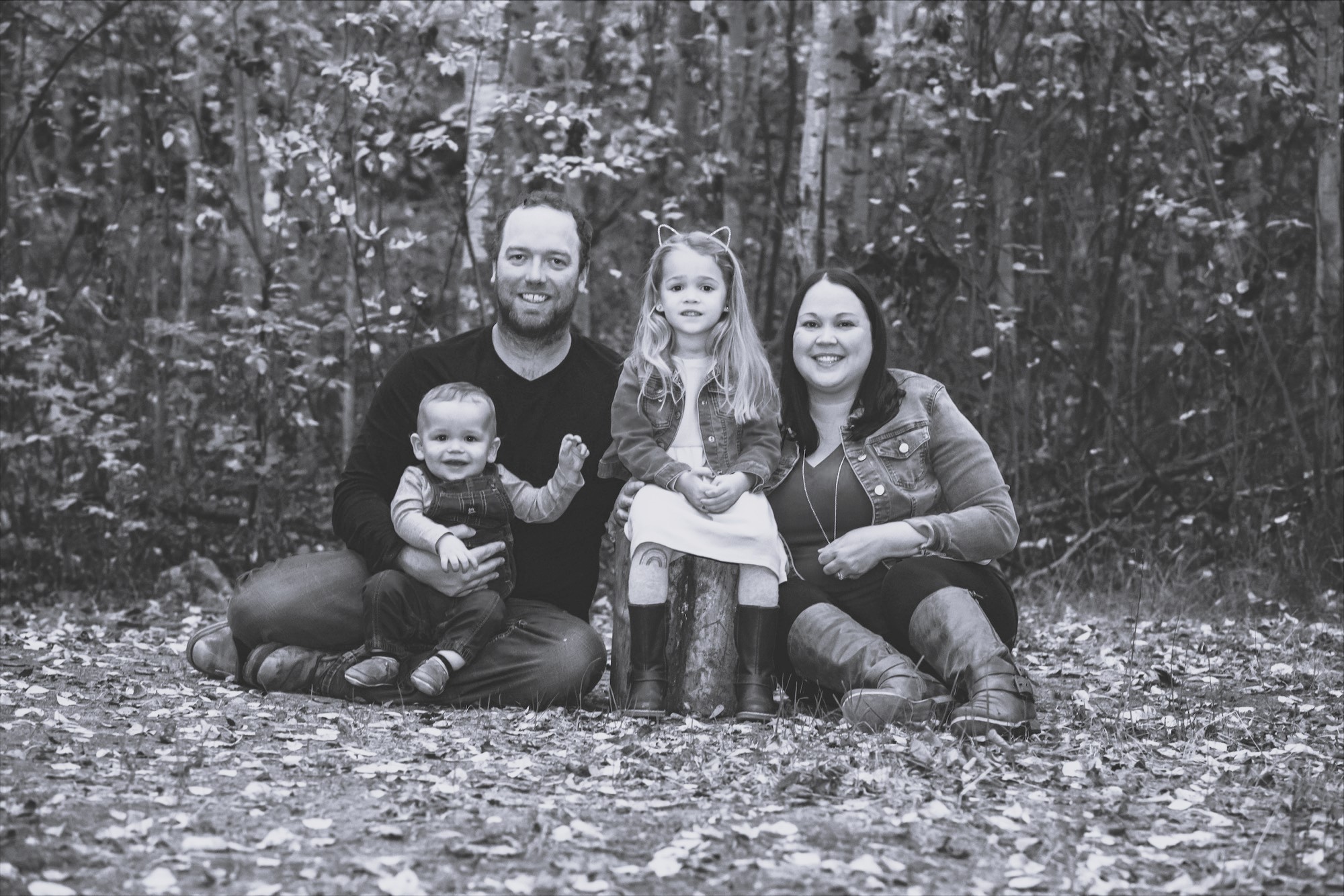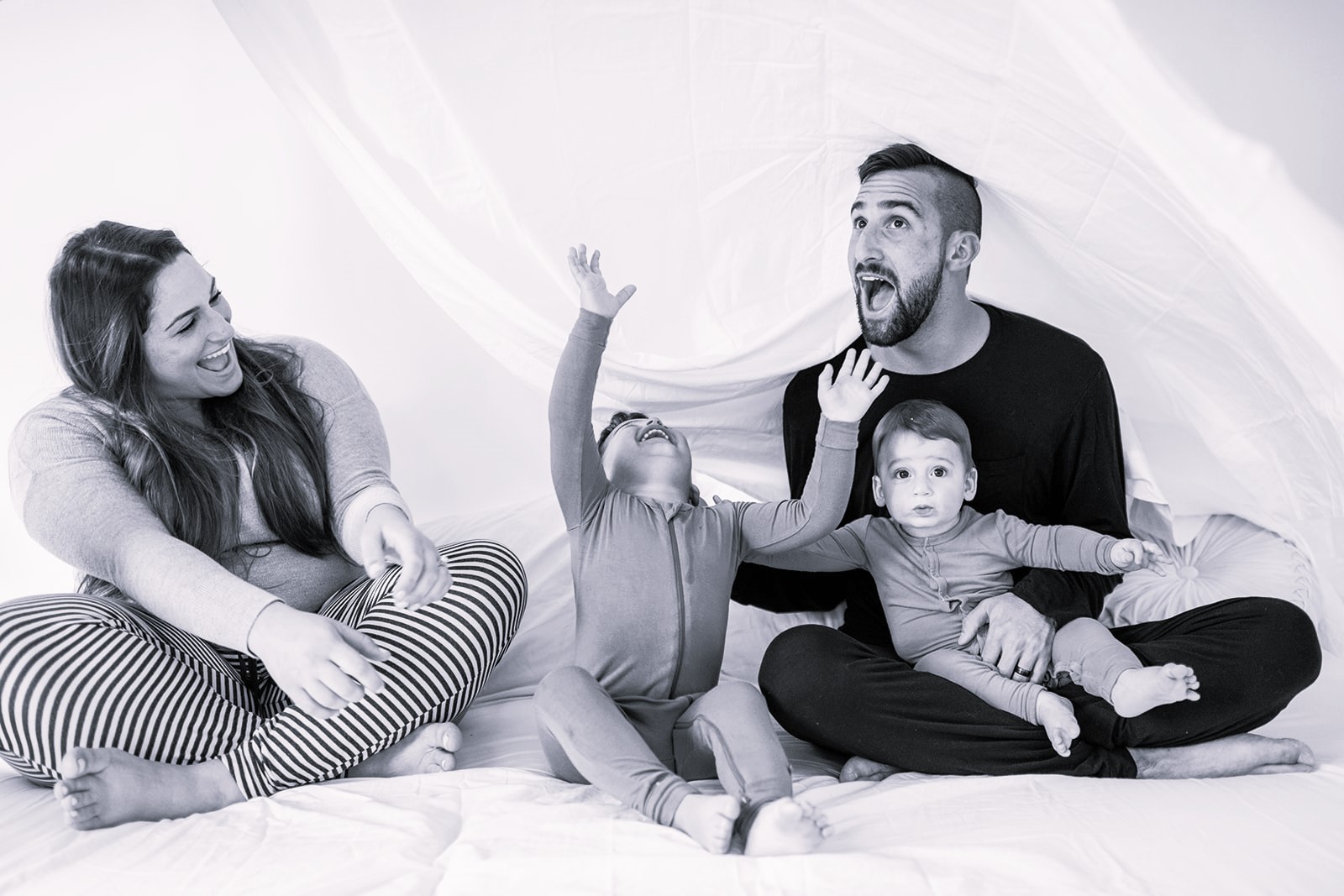
3 Tips For the Early Riser
There’s typically three main struggles that parents come to me with: night wakings, short naps, and EARLY MORNINGS. Before I get into the three tips for the early riser, let’s first define “early riser”.
An early riser is a baby or child who wakes up between the hours of 4-6am and is ready to party!! That’s right! I do not consider a child waking after 6am to be an early riser. Sure you may be here because your sister’s toddler is sleeping in until 8am and you want that too BUT it’s biologically appropriate for children to wake anytime between 6-8am. These three tips may help you extend the morning wake up but I am always trying to share realistic expectations with you!
So, now that we got the bad news out of the way…let’s dive into how we can help your child sleep until at least 6am!
Tip 1: A Clock
No, I’m not suggesting that you teach your 2-year-old how to tell time by placing a clock in their room. Well…in a way I am. There are two options that I recommend.
Option 1: An OK-To-Wake Clock
There are many variations on the market that you can purchase. You can program the clock to present a light at the desired wake time. This communicates to your child that it’s now morning time.
Option 2: A Digital Clock
An old school digital clock that we used to use before we had cell phone alarms. This option is easier for children who are old enough to recognize numbers. You would place tape over the minutes so only the hour is glowing on the clock. Then you will explain to your child that it’s not morning until the clock says “6” (or whatever your desired wake time is).
The basic concept with either of these options is to communicate to your child that they cannot get up for the day until the clock says it’s morning. It will take time for your child to understand the concept but as long as you are consistent in enforcing the new rule, they will learn. Once they learn that they need to stay in their bed until the clock says it’s morning, the goal is for them to fall back to sleep.
Tip 2: Do Not Enforce the Early Riser
For the first several years of your child’s life, they cannot tell time the way we do. If you think about your day, we are run by the clock. So how do babies and young children know what time it is? They first learn the concept of time by the events and routines in the household.
If your child wakes at 4am, they do not know it’s 4am. All they know is that they woke up, they feel pretty rested because they already had 9 hours of sleep and they think they are ready to start the day. The way you respond to your little at 4am makes all the difference.
A common error that is made is that parents give in and let their child determine what time morning is. They roll out of bed and in a zombie like state get their early riser up for the day. Turning on lights, brewing ALL the coffee, and starting breakfast.
These are morning activities!
Mornings don’t start at 4am…9 hours of sleep is not enough night sleep for a child. Until at least eight years old your child should be getting 10-12 hours of sleep every night.
You also want to make sure that you aren’t enforcing the early morning by offering a fun activity like watching Netflix first thing in the morning. If your child knows they get to watch TV when they get up, that motivates them to get up at 4am instead of falling back to sleep.
So what should you do when your child thinks 4am sounds like a great time to wake up?
If your child is two years or older, refer to the clock to give them a visual that it’s not morning yet. Do not engage in much conversation. Encourage your child to stay in their bed, with the lights off until they fall back to sleep (or until the desired wake time). Stay with them if needed so they don’t get up. You want as little stimulation as possible.
With time your child’s body clock will start to shift. Removing the stimulating activities from the early morning (lights, conversation, food, playtime) will give your child’s body clock the opportunity to learn that it is still time to sleep.
Tip 3: Check the Room Environment
A big reason that your child’s wakes between 4-6am is because during those hours sleep stages are lighter as the body prepares to wake for the day. This means that your child is more easily woken by things in their environment.
Sound
A white noise machine is so helpful for blocking out environmental noises. There’s a misconception that white noise is helpful for the onset of sleep. Well it may not be “unhelpful” the true benefit is that it helps in the early mornings.
Your white noise machine should be playing continuously throughout the night. This is helpful for drowning out any early morning noises (birds chirping, parents getting ready for work, garbage truck, etc.).
Light
Darkness signals to our bodies that it’s time for sleep. Light signals to our bodies that it’s time to be awake. Even the slightest amount of light can negatively impact sleep. This is important when discussing early mornings because it’s these wee hours of the mornings when sleep is lightest. This means that it’s more common for light to trigger our brains to wake for the day.
Invest in some black out curtains. Get creative with tape and clips to keep them secured so no light is creeping in. If your child absolutely MUST use a nightlight, ensure that you are using a red bulb. Red light does not have the same impact on sleep as blue or white light does.
Those are the three tips for the early riser that I have for you! Use a toddler clock, re-evaluate whether or not you are enforcing the early wakeup, and double check that the environment is conducive to sleep. I have a few others up my sleeve that I’ll share in another blog post. For now, I think I gave you a few things to think about and don’t want to overwhelm you.
Try these out, and I mean give them a good solid effort. Nothing in pediatric sleep is an overnight solution. Early rising is one of the trickiest things to overcome and shifting the body clock to waking later takes time. Be patient and if you need a little extra help with this, then I’m here for you. Book you free sleep evaluation and let’s chat about how I can support you!



